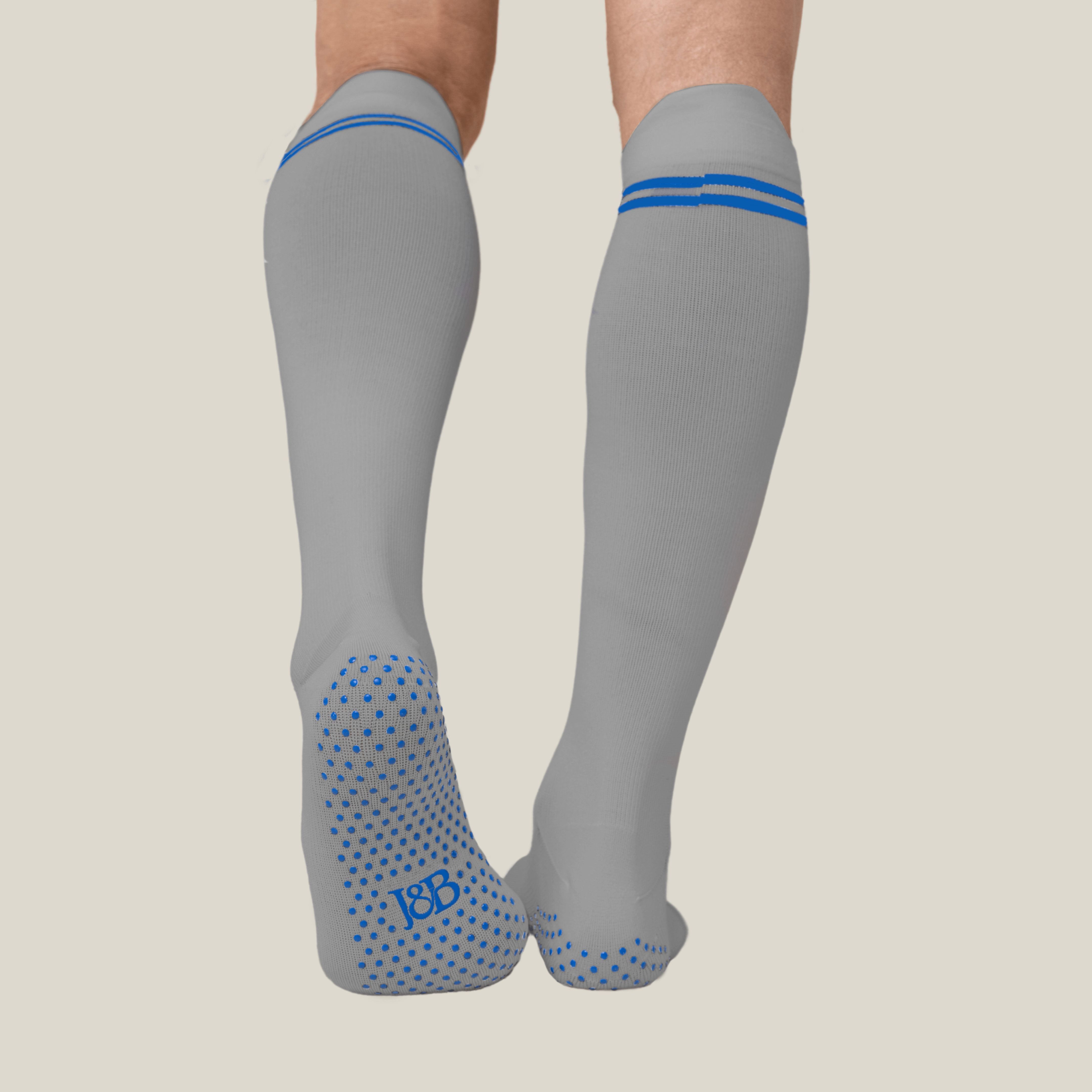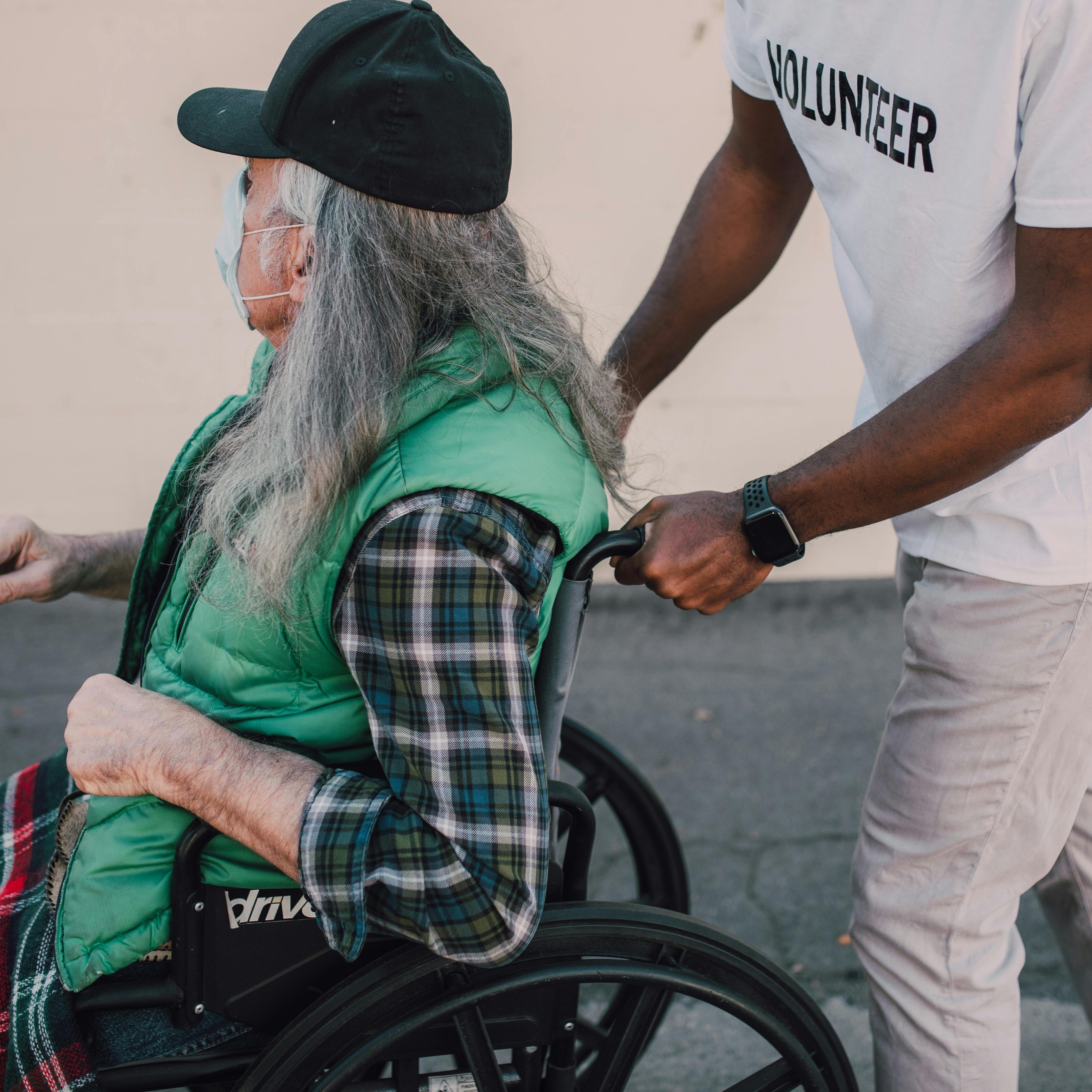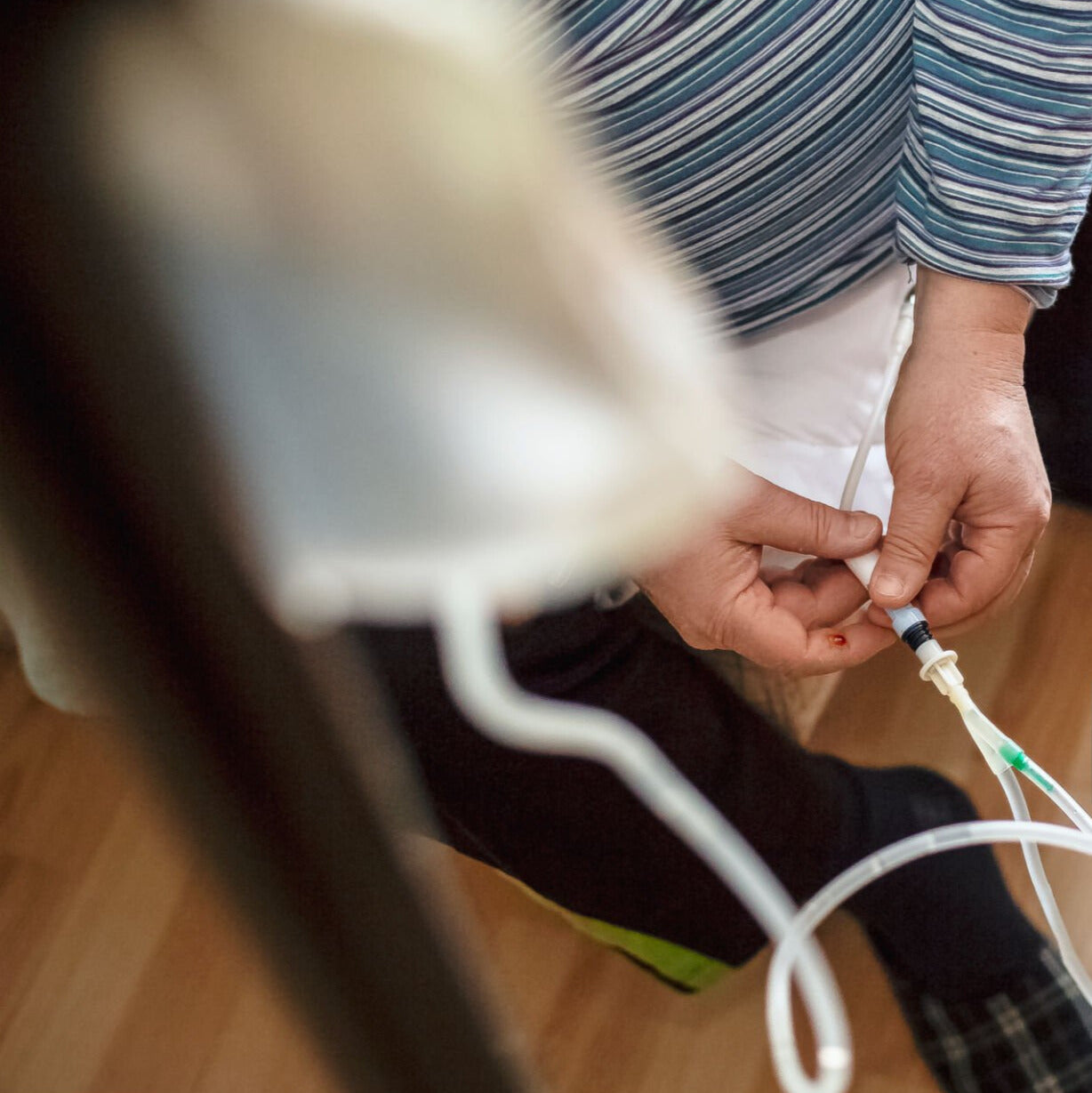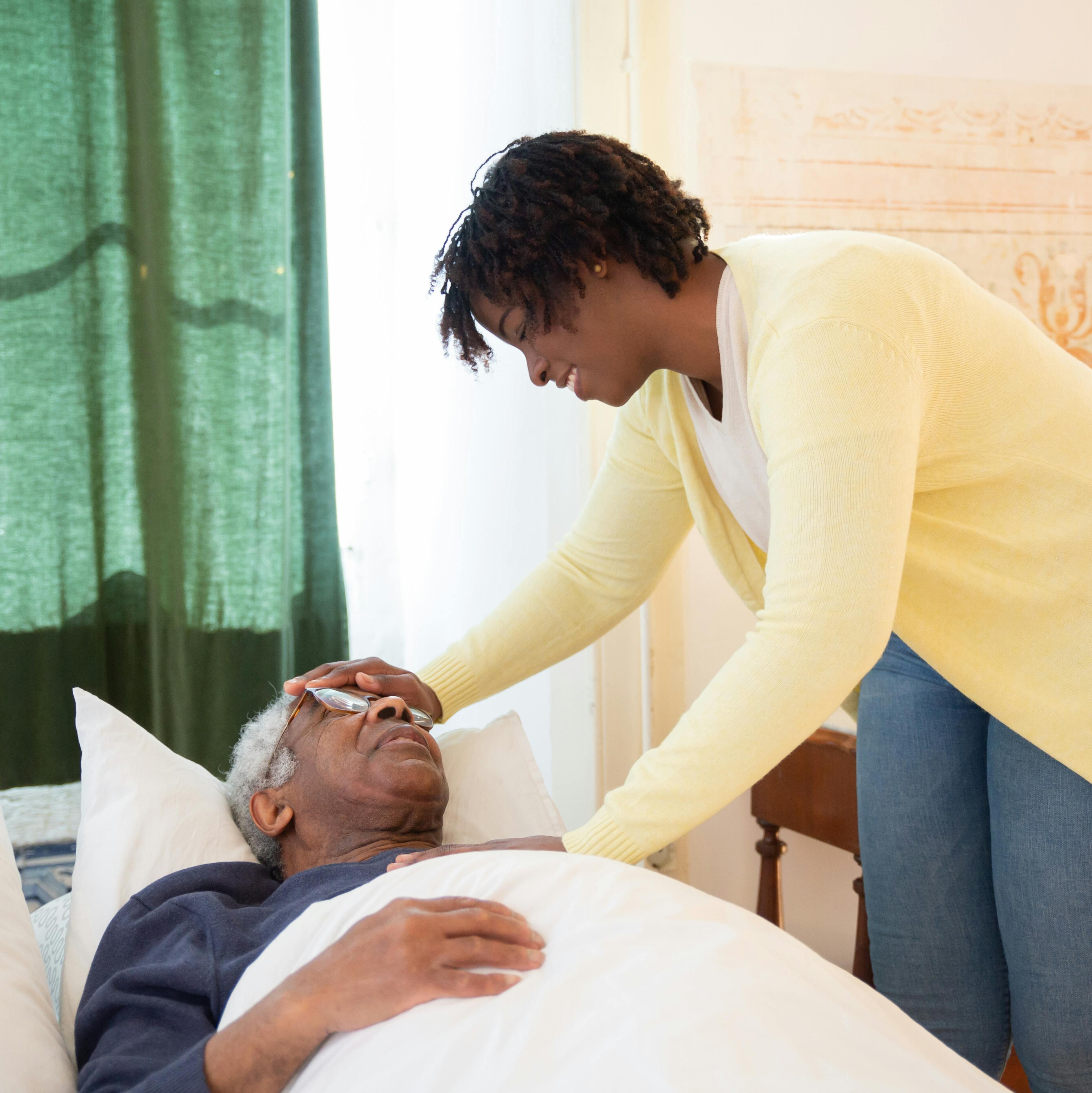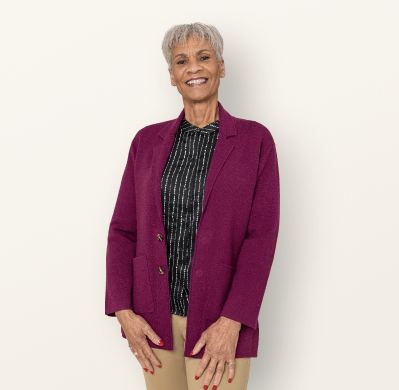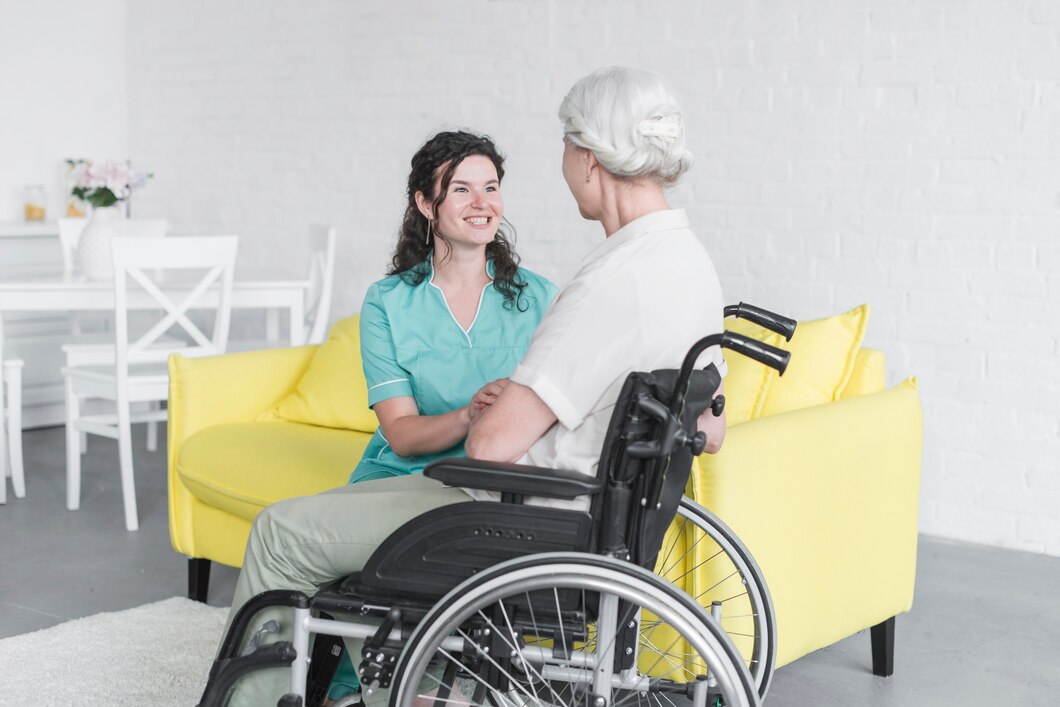
Deciding if and when is the “right” time to find and provide more care for your loved can be an enormous emotional and logistical challenge. Having “the talk” with your parent or partner is typically stressful and difficult, especially when the conversation includes moving out of their home. (But even the idea of bringing someone into the home to provide more care will likely be met with hesitancy or resistance.)
To you, the change is about keeping your loved one as safe as possible and getting them the needed level of care. To older adults, of course, it’s about huge change, from leaving their home to losing (at least some of) their independence. This is the life shift that we all hope to avoid. But, as we know, this change is often necessary and can lead not only to a safer, healthier life, but also to a more enriching one. In carefully making this decision, you want to be sure you’re properly observing and interpreting the signs (physical and behavioral) that indicate it’s the time to make the move.
Since moving your loved one out of their home is a highly individualized decision, it should never be made hastily (emergencies aside). There is no one-size-fits-all approach to how and when to make the decision, and there are interventions that should occur beforehand.
The change in my grandparents’ life was gradual, and done in stages. First, we hired a part-time, and later a full-time, caregiver for him during the early stages of dementia. Eventually, we needed to make their home wheelchair-accessible for my grandmother. After their challenges progressed, we made the decision to move them to assisted-living, where they could receive appropriate care. My grandmother had fallen one too many times, making it clear that she needed more physical help than we were able to provide at home, even with a 24/7 caregiver. My grandfather’s progression of dementia made routine tasks like eating and bathing a challenge. While no one wanted to see our grandparents leave their home, our family was able to rest assured that we were making the right decision, after properly evaluating each of our grandparent’s distinct needs.
Caring.com lists the questions below to help serve as a guide to decide if your loved one is a good candidate for assisted living:
- Is your loved one eating healthy, balanced meals regularly?
- Is there fresh, nutritious food in their refrigerator and pantry that is not expired?
- Can they get around safely by themselves? (Look for unexplained bruises or minor injuries that may indicate they have been falling or having accidents recently.)
- Are they wearing fresh, clean clothing each time you visit?
- Can they bathe themselves, groom adequately, and launder their clothes, towels, and linens?
- When you look around the house or yard, is it as neat and clean as it used to be?
- Are they remembering to take their medications correctly, with the right dosages and at the right time? Warning signs include hospitalizations, stockpiled or expired medications, and pill boxes that are not current.
- Are they able to operate household appliances safely?
- Do they remember to turn kitchen appliances off when they are finished cooking?
- Is their home equipped with safety features and modifications for aging in place, such as grab bars and an emergency-response system?
- Do they have a plan in place to summon help in case of an emergency?
- If they are still driving, are they doing so safely? Red flags include accidents and new dents or scratches on their vehicle. If they are no longer driving, do they have alternate means of transportation that they can manage?
- Are they paying their bills on time and opening and disposing of mail in a timely manner? Look for stacks of mail, unpaid bills, and past-due notices.
- Do they have friends, family or acquaintances whom they interact with regularly?
- Do they engage in hobbies or activities that they enjoy?
- When you really look at this person, are they still active and vibrant, or do you see a more limited person who needs added help around the house and with their personal care needs?
If you answered “no” to most of these questions, your loved one needs more help to continue live a safe and fulfilling life. You’ll first want to carefully consider providing at-home care (and all of its implications), based on who would be providing that care.
It’s also probably time to start researching assisted-living communities in your area. Fortunately, there are plenty of resources to help you with this process. Consider beginning the process by contacting your local Agency on Aging to assist in evaluating the type of care that is needed. You can also evaluate different local care communities on sites like Yelp, Google Reviews, and senior-specific sites like Seniorly.com and AssistedLiving.com.
We’ll continue to share advice from a diverse group on this topic, from thought leaders and experts in the “longevity” space to those working on the frontlines in care communities.






